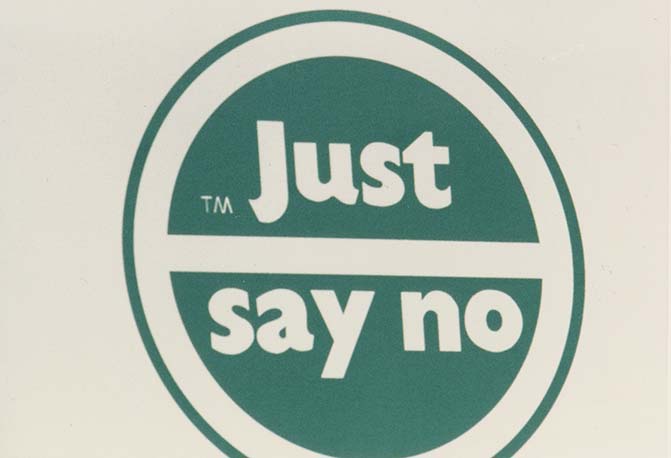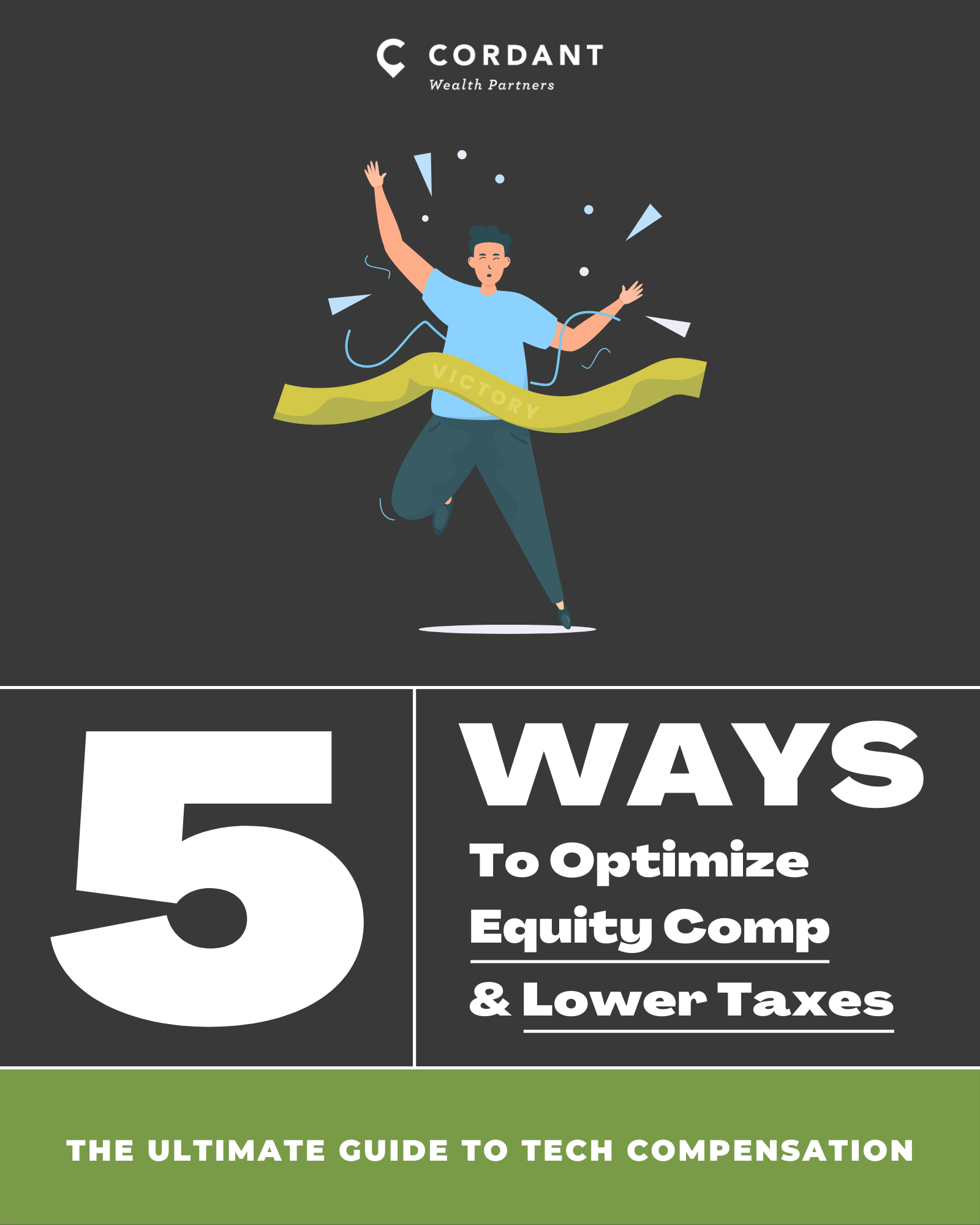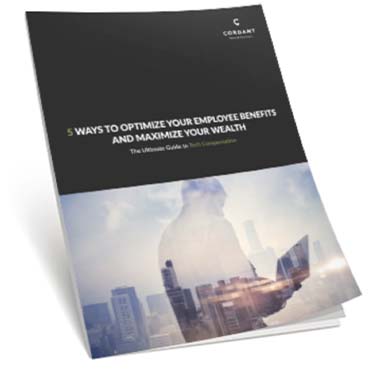“Half of the troubles of this life can be traced to saying yes too quickly and not saying no soon enough.” Josh Billings
Occasionally clients or prospects will ask: “What changes have you recently made? What action have you taken on my behalf?” The implication is: what are you doing to add value?
Sometimes it’s not doing that adds value.
Often, a good financial advisor will feel like they are constantly saying no—especially when reviewing new investment opportunities brought by clients or a fund itself. As much as it may seem like we are constantly a killjoy, spoilsport, or wet blanket, saying “no” and avoiding financial trouble for clients, it’s actually one of the most valuable things a good financial advisor can do.
An Example
Here’s a quick example pulled from the local business headlines.
Portland firm, Aequitas has run into trouble of late. The company, which grew at its peak to around $500 million in asset under management and close to 200 employees, recently announced the layoffs of 102 of it’s remaining 125 employees.
The cash crunch faced by the company stems from its involvement in a controversial student loan program and affects its ability to pay back “private note” investments made by financial advisors and other investors. These private notes are short-term loans the company used to grow its operations and typically pay 8-12 percent. The company “has between $300 million and $325 million in private note investments outstanding” according to Jeff Manning at the Oregonian. One Bellevue, Wash. advisor put as much as $45 million of client money into the program and has requested the money back.
The student loan program worked as follows: Aequitas bought student loans (from for-profit university Corinthian) for 50 cents on the dollar and then attempted collecting the debt from students. Should students not pay, the loans could be given back to Corinthian. If Aequitas collected more than 50 cents, they and their investors would profit. It they couldn’t collect Corinthian would be on the hook.
Seemingly a risk-free arrangement for Aequitas and their investors.
In fact, the strategy was sold as such. The pitch book, we reviewed in early 2012, promised: Principal Security, Stability, and Liquidity. All that plus a 9 to 11 percent preferred return.
The first red flag with an investment like this is that nothing truly risk-free offering “Principal Security, Stability, and Liquidity” would yield 7+% above a treasury bond.
In this case, Corinthian College, who was ultimately on the hook under the arrangement was not. It filed for bankruptcy in May of last year.
There are a couple of basic rules of investing worth keeping in mind when thinking about investments like this:
- No free lunches in investing—Meaning no safe investment should offer a 7+% higher yield than a truly safe Treasury security. If it does, it’s not a safe investment.
- Risk and return are linked. If you want the opportunity for higher returns, you need to take on additional risk somewhere along the way. And, sometimes the additional risk doesn’t work out in your favor—if it always did it wouldn’t be risk in the first place. You can’t have your cake and eat it too.
The Power of “No”
We know a few current or former Aequitas employees and feel bad for those losing their jobs amid the turmoil. But, we don’t feel bad saying “no” on behalf of our clients to these types of investments.
As Warren Buffett has said, “The difference between successful people and really successful people is that really successful people say no to almost everything.”
Click here for disclosures regarding information contained in blog postings.



